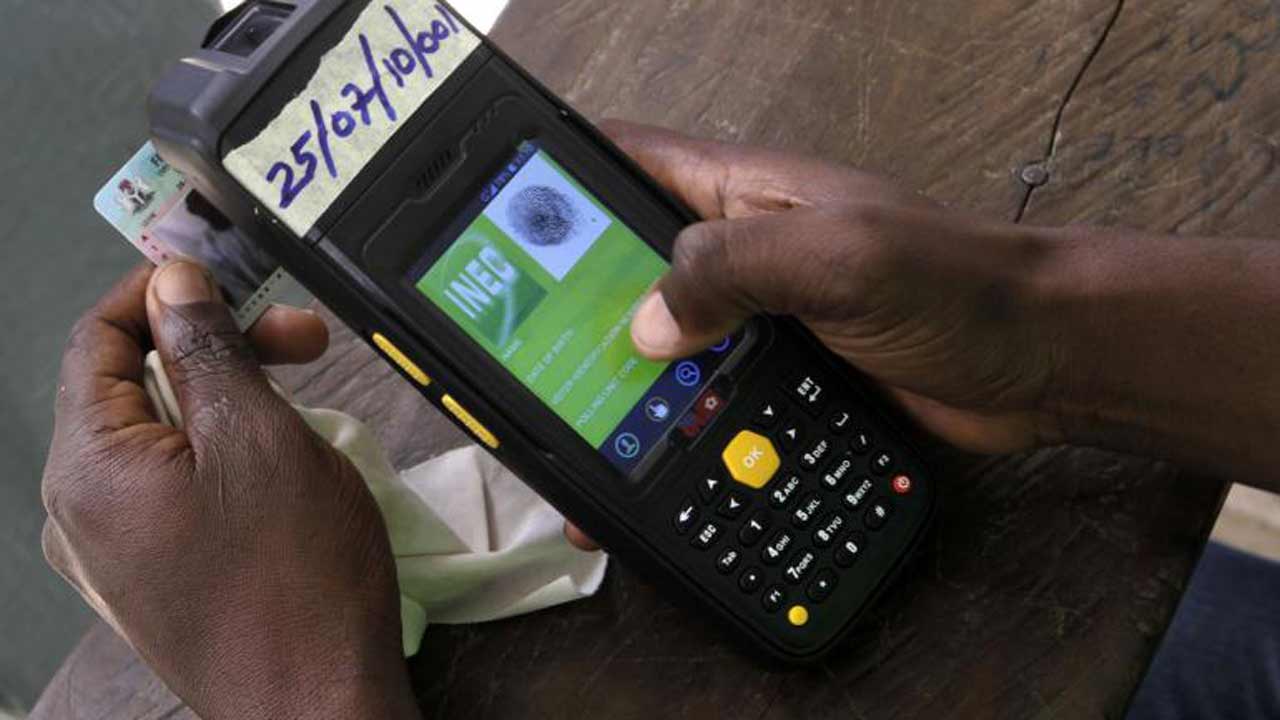The presidency yesterday said the decline of assent to the Electoral Act (Amendment) Bill 2018 by President Muhammadu Buhari was not his aversion to e-voting as being insinuated in some quarters but due to draft errors in the document which has since been transmitted to the National Assembly for review.
It maintained that the deployment of electronic voting and other tools, especially card readers for the 2019 elections, was a done deal that would make the electoral process credible.
The Senior Special Assistant to the President on Media and Publicity, Malam Garba Shehu, in a statement in Abuja, said the refusal of his principal to append his signature on this very important document would not affect the use of card reader at the polls.
The statement reads in part: “The presidency rejects allegations of opposition politicians as well as some newspaper editorials and opinions creating the impression that President Muhammadu Buhari is against e-voting, use of card readers in the upcoming elections, hence his decision to decline assent, for the third time, to the Electoral Act (Amendment) Bill 2018.
“We wish to state in clear and unambiguous terms that the issue of e-voting and use of card readers was never an issue for the president’s decision to decline assent to the bill.
“It is equally important to note that this issue was not raised either by the Executive or the Legislature in the recent reviews. Moreover, the Independent National Electoral Commission’s (INEC) adoption of e-voting reforms is enshrined in the 2015 Amendment Act to the Electoral Reform Act. Card reader is therefore a settled matter.
“The president’s recent decision to decline assent to the bill has no effect whatsoever on INEC’s use of card readers.
“Regrettably, purveyors of fake news have been quick to churn out sensational headlines.”
It added: “An issue has been raised by the president concerning some ill-prepared and flawed parts of the bill for which corrections needed to be made to allow for his signature. He wanted engagement with the parliament for the corrections to be effected so that, at the end of the day, both arms of government will be happy with the fact that we have a good electoral law in place.
Also yesterday, the presidency debunked the allegations that beneficiaries of the government’s Trader Moni’s N10,000 collateral-free loan were being asked to tender their permanent voter’s cards (PVCs) to qualify for the facility.
The Senior Special Assistant to the Vice President on Media and Publicity, Laolu Akande, reiterated that the present administration was determined to empower more Nigerians through the grants to petty traders nationwide.
Giving an update on the scheme, he stated that no documentation was required for the loans.
According to him, “the petty traders are not required to show PVCs or any document for that matter. They are only expected to prove that they are petty traders, and this is why the enumeration is done in the markets and wherever the traders ply their trades.”






2 Comments